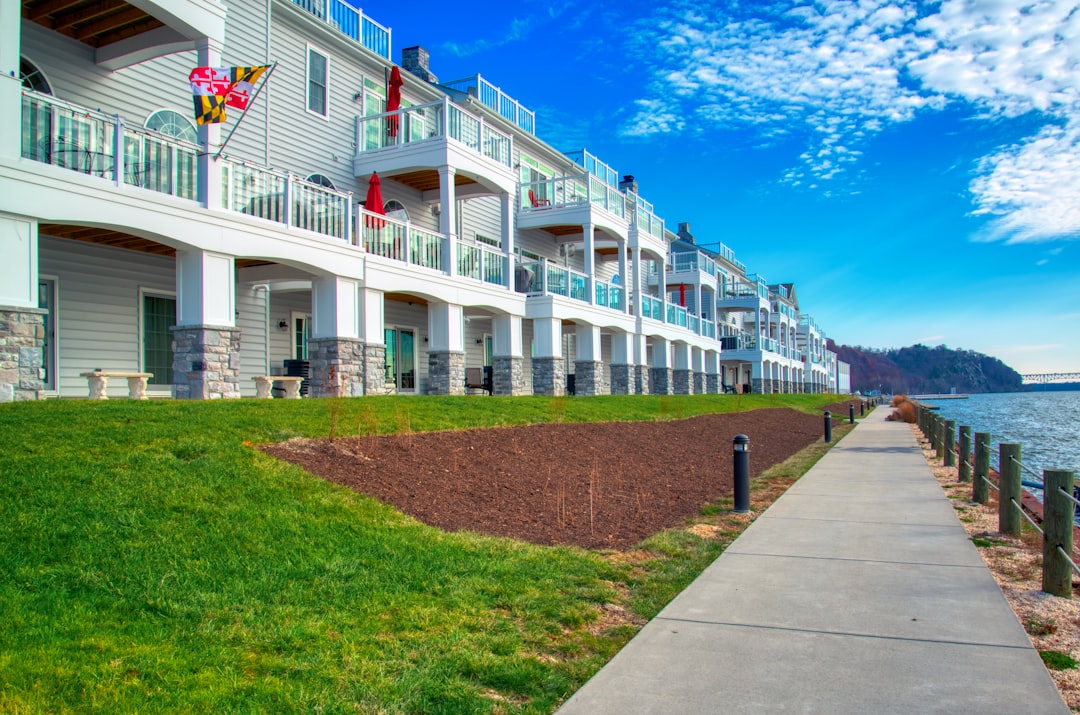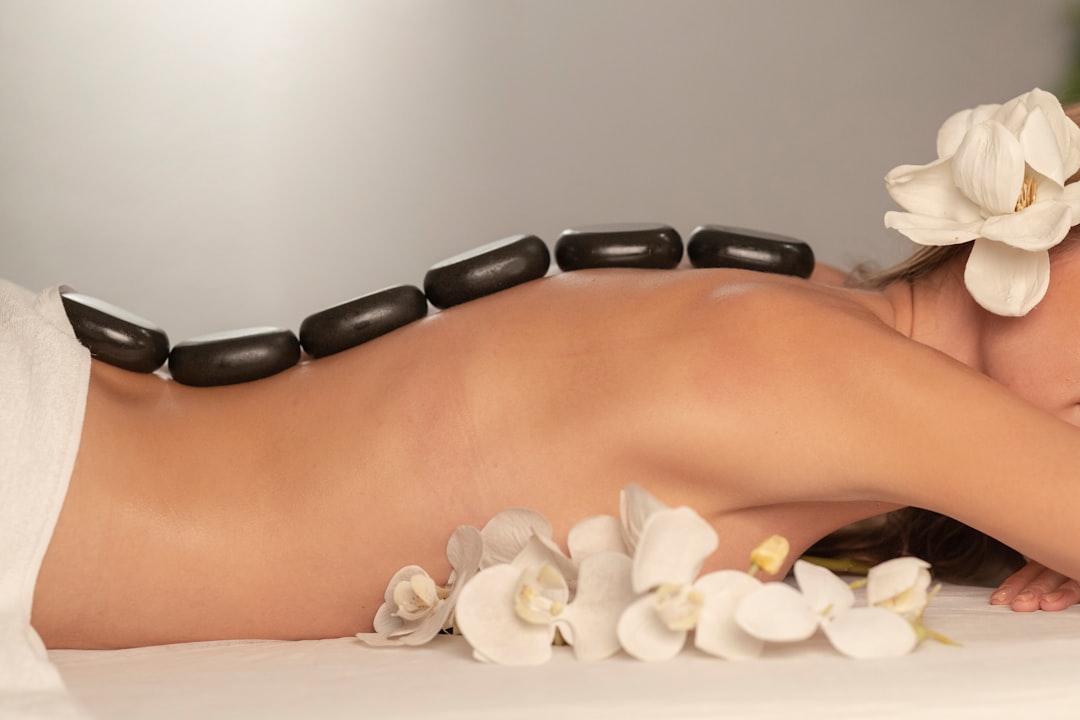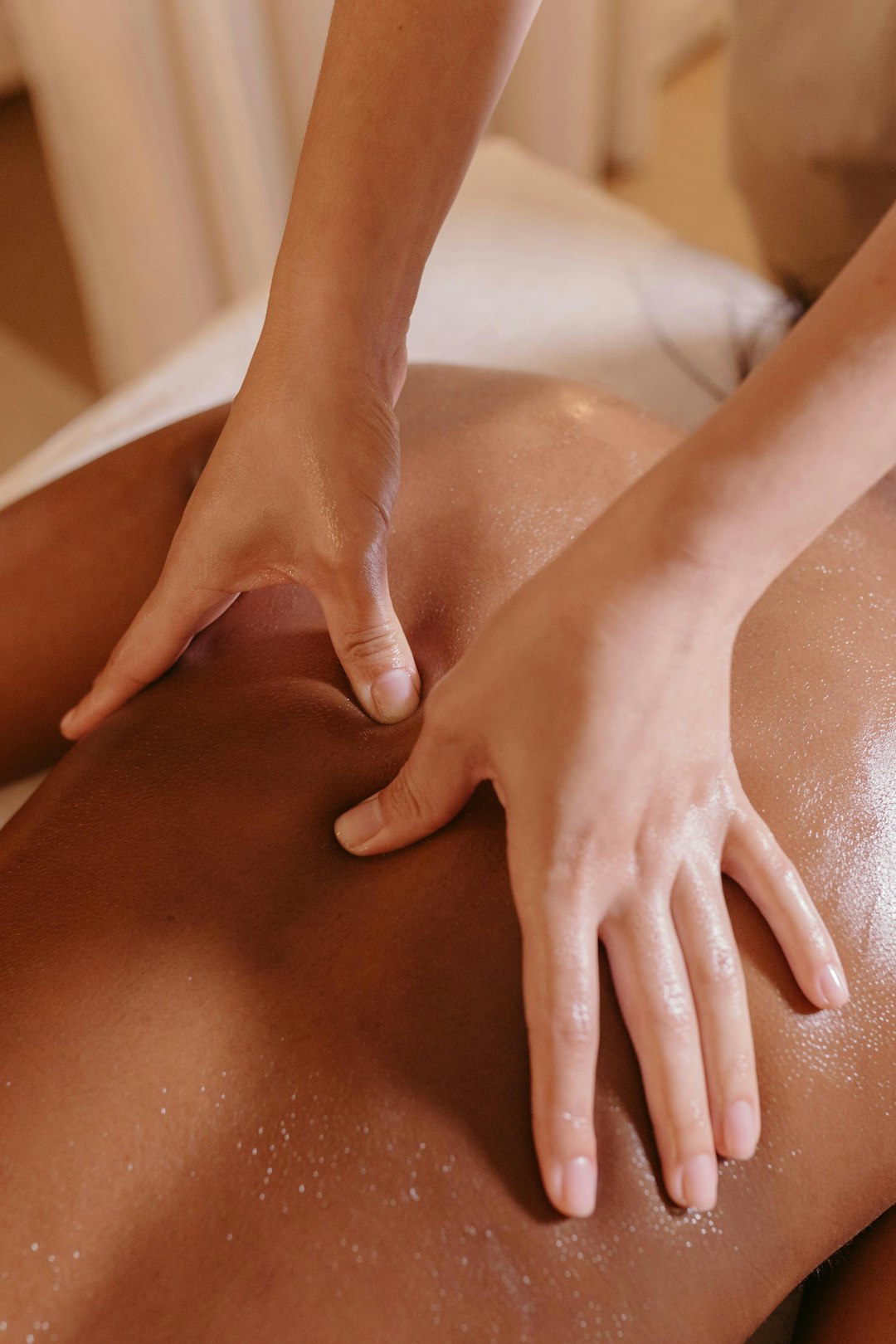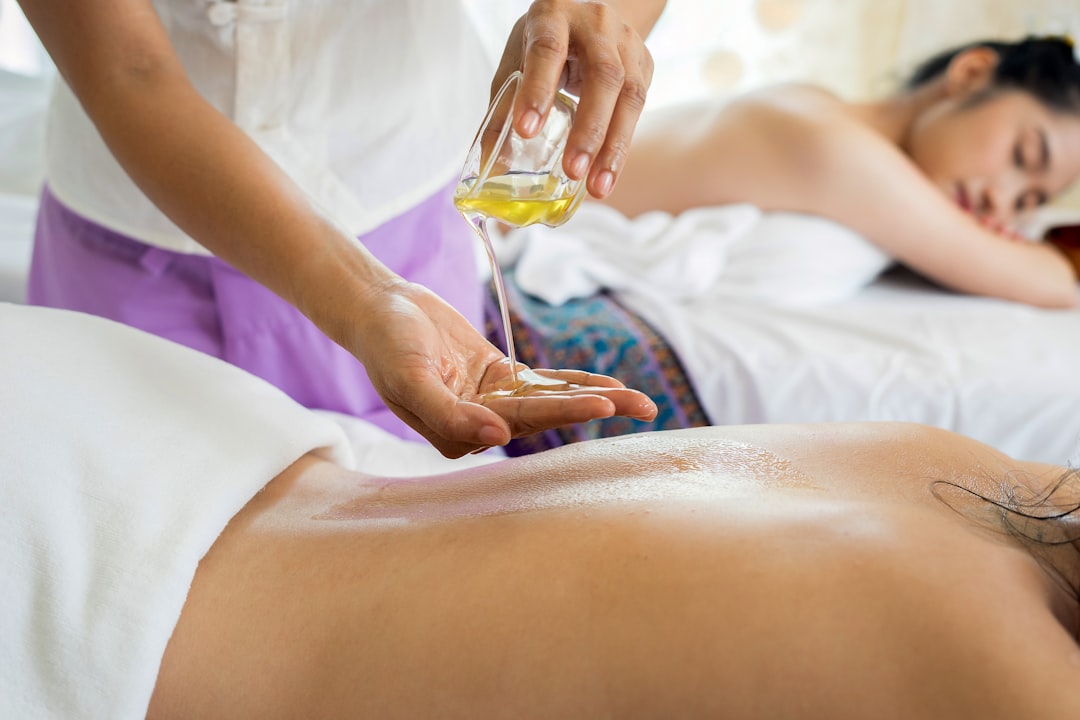In culturally diverse Maryland, massage therapists must prioritize cultural sensitivity and personal boundaries to avoid massage abuse. They should educate themselves about diverse practices, respect client autonomy, and communicate openly about comfort levels to prevent misunderstandings. Clear reporting procedures, guided by massage abuse attorneys in Maryland, are essential for addressing violations. Staying informed about local laws and fostering trust encourages clients to voice concerns. Massage abuse attorneys play a crucial role in protecting diverse populations, advocating for victims, and ensuring therapists adhere to ethical standards.
In Maryland, with its diverse populations, cultural sensitivities in massage therapy are paramount. This article explores strategies to navigate these complexities, focusing on recognizing and preventing massage abuse across different communities. We delve into the legal implications, emphasizing the crucial role of massage abuse attorneys in ensuring ethical practices and client safety. By understanding cultural nuances and implementing proactive measures, Maryland’s massage therapy industry can foster inclusive and respectful environments for all.
Understanding Cultural Sensitivities in Massage Therapy: A Maryland Perspective
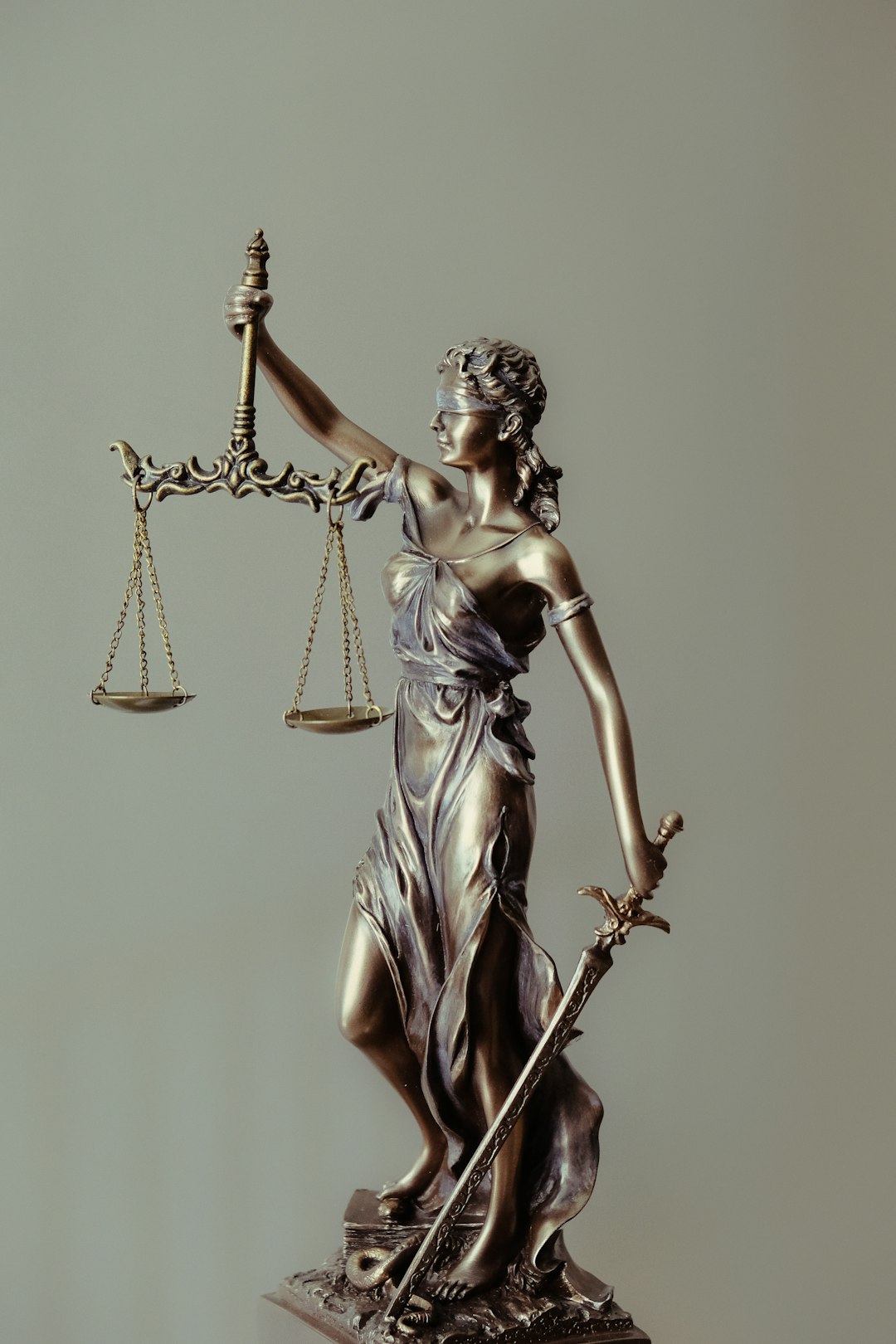
In Maryland, understanding and addressing cultural sensitivities in massage therapy is paramount given the state’s diverse population. What may be considered therapeutic practices in one culture can be deeply offensive or traumatic in another. Massage therapists must be attuned to unspoken cues and respect personal boundaries, especially when dealing with clients from different ethnic, religious, or cultural backgrounds.
Maryland, being a state with a history of racial and cultural diversity, has witnessed instances of massage abuse where cultural misunderstandings have led to inappropriate treatments. Massage abuse attorneys in Maryland highlight the importance of culturally competent practices to prevent such incidents. This involves therapists educating themselves on diverse cultural beliefs, customs, and body language, ensuring that every client receives care that respects their autonomy and promotes healing rather than causing harm.
Recognizing and Preventing Massage Abuse for Diverse Communities
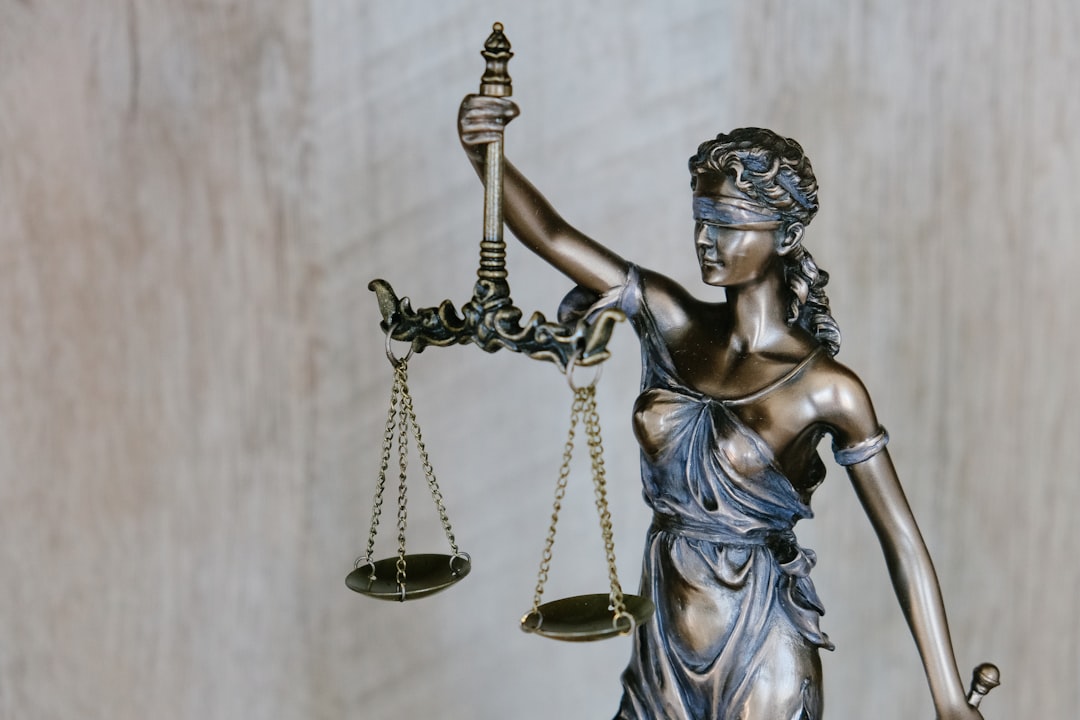
Recognizing and preventing massage abuse is a critical aspect of ensuring safe and respectful therapy for diverse communities in Maryland. Massage therapists must be attuned to cultural differences, personal boundaries, and consent. What may be considered therapeutic touch in one culture could be perceived as assault in another. For instance, certain ethnic or religious groups might have distinct views on physical contact, modesty, and the exposure of certain body parts. Therapists should proactively communicate with clients about their comfort levels, use of essential oils, pressure points, and any specific areas they wish to avoid. This open dialogue can prevent misunderstandings and potential abuse.
In cases where a client feels violated or experiences massage abuse, it’s essential to have clear reporting procedures in place. Massage abuse attorneys in Maryland can provide guidance on legal protections and help ensure that victims feel heard and supported. Establishing trust and fostering an environment where clients feel safe to express concerns is vital for addressing cultural sensitivities. Therapists should also stay informed about local laws and resources related to massage abuse, enabling them to quickly intervene and offer appropriate assistance when needed.
Legal Implications and the Role of Massage Abuse Attorneys in Maryland
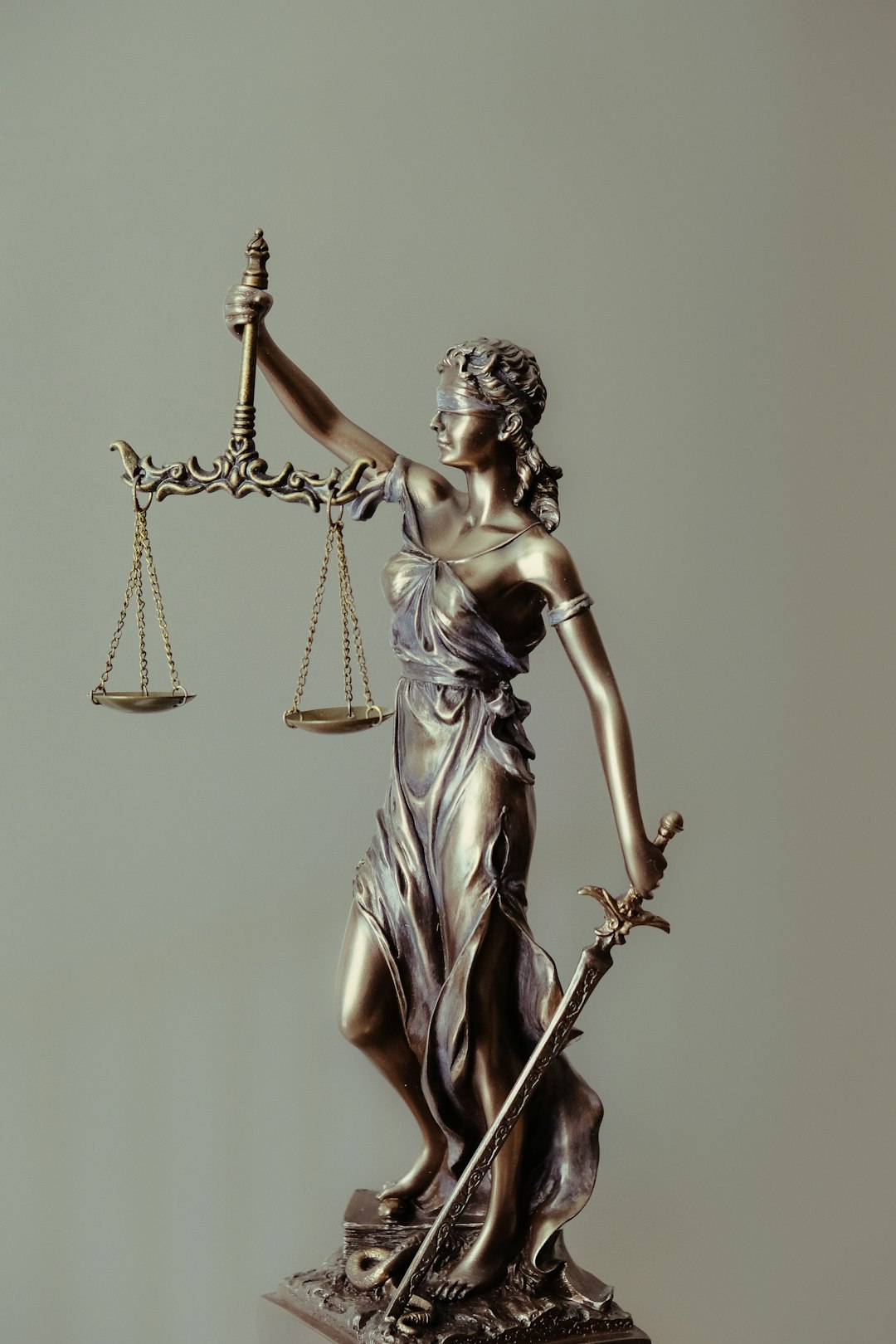
In Maryland, addressing cultural sensitivities in massage therapy is not just a moral imperative but also falls within legal frameworks designed to protect diverse populations. The state’s laws pertaining to massage and wellness practices emphasize consent, professionalism, and respect for personal boundaries. Any breach of these guidelines can lead to legal repercussions, especially when cultural misunderstandings or insensitive practices result in massage abuse. In such cases, individuals affected may seek redress through legal channels, including consulting with massage abuse attorneys in Maryland.
Massage abuse attorneys play a crucial role in advocating for victims and ensuring that therapists adhere to ethical and legal standards. They help clients navigate the complexities of state regulations related to massage therapy, especially when cultural barriers or language differences might impact the delivery of services. By understanding the nuances of these laws, these attorneys can guide clients towards seeking justice and compensation for any harm caused by inappropriate massage practices.

